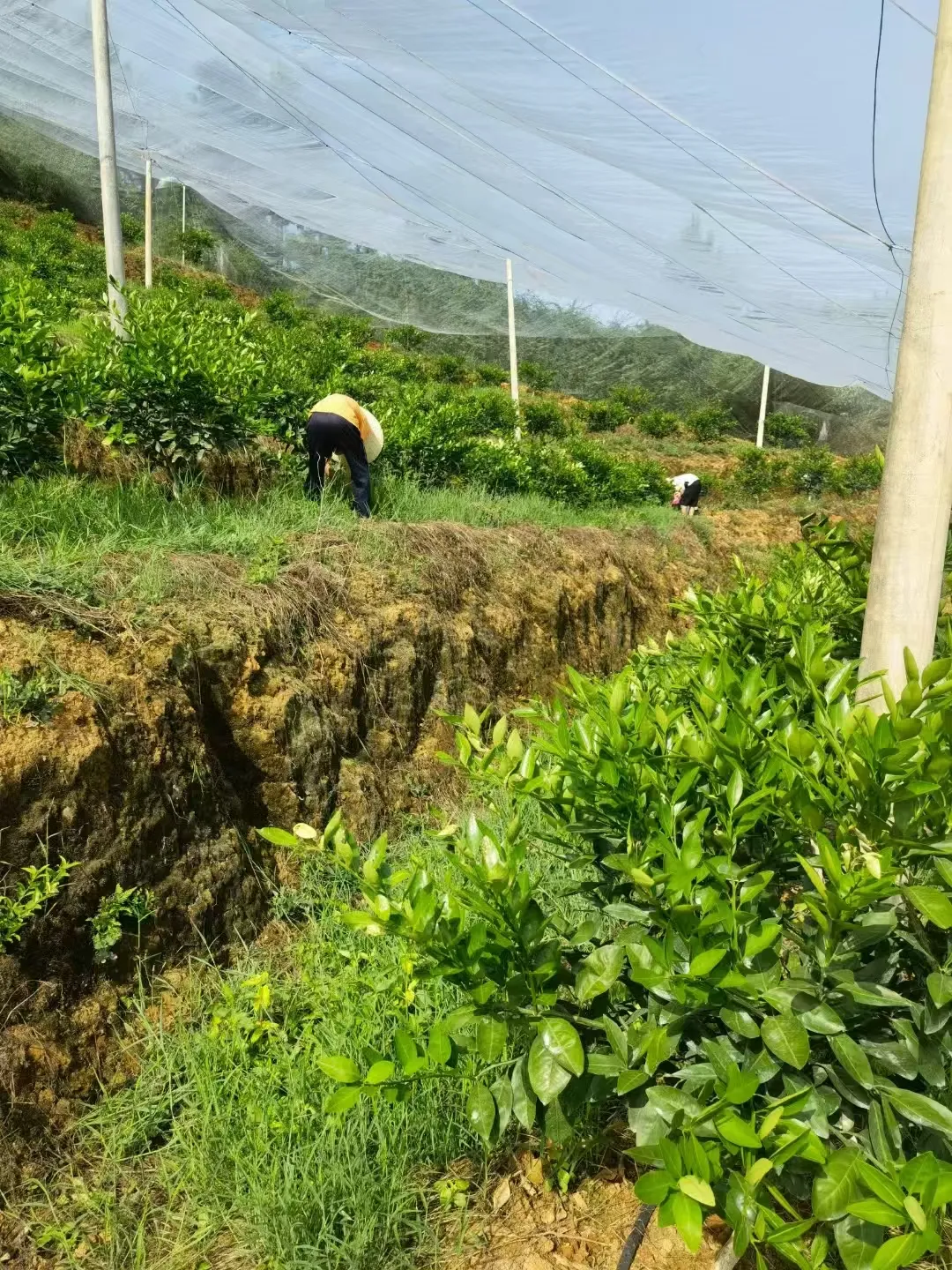-
 Afrikaans
Afrikaans -
 Albanian
Albanian -
 Amharic
Amharic -
 Arabic
Arabic -
 Armenian
Armenian -
 Azerbaijani
Azerbaijani -
 Basque
Basque -
 Belarusian
Belarusian -
 Bengali
Bengali -
 Bosnian
Bosnian -
 Bulgarian
Bulgarian -
 Catalan
Catalan -
 Cebuano
Cebuano -
 China
China -
 Corsican
Corsican -
 Croatian
Croatian -
 Czech
Czech -
 Danish
Danish -
 Dutch
Dutch -
 English
English -
 Esperanto
Esperanto -
 Estonian
Estonian -
 Finnish
Finnish -
 French
French -
 Frisian
Frisian -
 Galician
Galician -
 Georgian
Georgian -
 German
German -
 Greek
Greek -
 Gujarati
Gujarati -
 Haitian Creole
Haitian Creole -
 hausa
hausa -
 hawaiian
hawaiian -
 Hebrew
Hebrew -
 Hindi
Hindi -
 Miao
Miao -
 Hungarian
Hungarian -
 Icelandic
Icelandic -
 igbo
igbo -
 Indonesian
Indonesian -
 irish
irish -
 Italian
Italian -
 Japanese
Japanese -
 Javanese
Javanese -
 Kannada
Kannada -
 kazakh
kazakh -
 Khmer
Khmer -
 Rwandese
Rwandese -
 Korean
Korean -
 Kurdish
Kurdish -
 Kyrgyz
Kyrgyz -
 Lao
Lao -
 Latin
Latin -
 Latvian
Latvian -
 Lithuanian
Lithuanian -
 Luxembourgish
Luxembourgish -
 Macedonian
Macedonian -
 Malgashi
Malgashi -
 Malay
Malay -
 Malayalam
Malayalam -
 Maltese
Maltese -
 Maori
Maori -
 Marathi
Marathi -
 Mongolian
Mongolian -
 Myanmar
Myanmar -
 Nepali
Nepali -
 Norwegian
Norwegian -
 Norwegian
Norwegian -
 Occitan
Occitan -
 Pashto
Pashto -
 Persian
Persian -
 Polish
Polish -
 Portuguese
Portuguese -
 Punjabi
Punjabi -
 Romanian
Romanian -
 Russian
Russian -
 Samoan
Samoan -
 Scottish Gaelic
Scottish Gaelic -
 Serbian
Serbian -
 Sesotho
Sesotho -
 Shona
Shona -
 Sindhi
Sindhi -
 Sinhala
Sinhala -
 Slovak
Slovak -
 Slovenian
Slovenian -
 Somali
Somali -
 Spanish
Spanish -
 Sundanese
Sundanese -
 Swahili
Swahili -
 Swedish
Swedish -
 Tagalog
Tagalog -
 Tajik
Tajik -
 Tamil
Tamil -
 Tatar
Tatar -
 Telugu
Telugu -
 Thai
Thai -
 Turkish
Turkish -
 Turkmen
Turkmen -
 Ukrainian
Ukrainian -
 Urdu
Urdu -
 Uighur
Uighur -
 Uzbek
Uzbek -
 Vietnamese
Vietnamese -
 Welsh
Welsh -
 Bantu
Bantu -
 Yiddish
Yiddish -
 Yoruba
Yoruba -
 Zulu
Zulu
Agricultural Shade Netting - Enhance Crop Growth & Protection
The Importance of Agricultural Shade Netting in Modern Farming
In recent years, agricultural shade netting has emerged as a pivotal element in modern farming practices
. This innovative technology provides a multitude of benefits to farmers, significantly improving crop yield while ensuring sustainable agricultural practices.Agricultural shade netting, typically made from high-density polyethylene (HDPE), comes in various shades and densities. It is primarily employed to protect crops from excessive sunlight, harsh weather conditions, and pests, making it an indispensable tool in the farmer's arsenal. The use of shade nets helps mitigate the damaging effects of UV radiation, which can lead to sunburned plants and reduced photosynthesis efficiency. By regulating the amount of sunlight that reaches the crops, shade netting allows for optimal growth conditions.
One of the most significant advantages of shade netting is its ability to reduce temperature extremes. In many regions, especially in tropical and subtropical areas, soaring temperatures can be detrimental to crop health. Shade nets create a cooler microclimate, helping to prevent heat stress in plants. This temperate environment enables crops to thrive, resulting in higher yields and better quality produce.
agricultural shade netting

Moreover, shade netting provides protection against adverse weather conditions. Heavy rainfall, hail, and wind can significantly damage delicate crops. By acting as a barrier, shade nets help safeguard plants from these threats, ensuring that farmers can maintain their harvest even in unpredictable weather. Additionally, shade nets serve as a deterrent to pests and birds, reducing the need for chemical pesticides and promoting healthier farming practices.
Another critical aspect to consider is water conservation. With the implementation of shade netting, crops tend to require less water due to reduced evaporation rates. This is particularly beneficial in areas facing water scarcity and highlights the role of shade nets in sustainable farming. By optimizing water usage, farmers can cultivate crops more efficiently while also protecting valuable water resources.
Furthermore, agricultural shade netting is versatile and can be used for various crops, including fruits, vegetables, and ornamental plants. Its adaptability makes it an attractive option for farmers looking to enhance their agricultural productivity. In addition, shade nets can be easily installed and adjusted according to the specific needs of different crops or changes in weather patterns.
In conclusion, agricultural shade netting is a game-changer for modern farming. Its ability to protect crops from harsh environmental factors, conserve water, and minimize pest-related issues makes it an essential tool for sustainable agriculture. As the global demand for food continues to rise, embracing such innovative technologies will be crucial in meeting the challenges of modern farming. By investing in agricultural shade netting, farmers can ensure healthier crops, increased yields, and a more sustainable future for agriculture.
-
Shipping Plastic Bags for Every NeedNewsJul.24,2025
-
Safety Netting: Your Shield in ConstructionNewsJul.24,2025
-
Plastic Mesh Netting for Everyday UseNewsJul.24,2025
-
Nylon Netting for Every UseNewsJul.24,2025
-
Mesh Breeder Box for Fish TanksNewsJul.24,2025
-
Expanded Steel Mesh Offers Durable VersatilityNewsJul.24,2025











